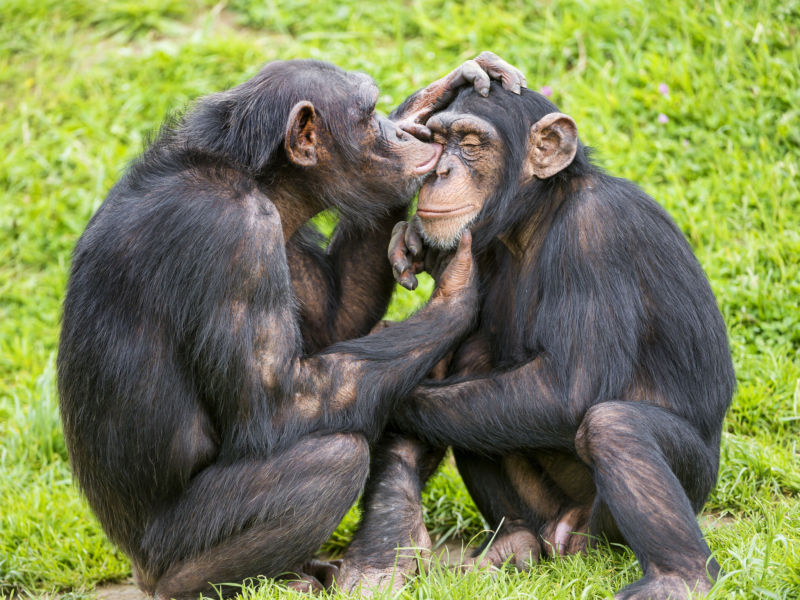Chimps have different cultural norms about friendliness, too
Ars Technica » Scientific Method 2018-11-09

Enlarge / The extent that chimps engage in social grooming is different between groups. (credit: flickr user: Tambako The Jaguar)
Human cultures have widely varying norms when it comes to friendliness and politeness. Make accidental eye contact with a Londoner on public transport and suffer mutual horror, but go to South Africa and find yourself routinely embraced by complete strangers. For researchers studying human behavior, there’s a strong push to study a wider variety of different populations around the world in an effort to expand focus beyond rich westerners. But when it comes to animal behavior, differences between populations have come under less scrutiny.
A paper in PNAS this week explored differences in social behavior between four different populations of chimpanzees, finding that the groups had very different norms when it came to hanging out together and grooming one another. They point out that this means studying one population of chimps might not always be enough for accurate claims about the species as a whole.
Midwestern vs. New Yorker chimps
The Chimfunshi Wildlife Orphanage Trust in Zambia is an ideal place to investigate differences between chimpanzee groups. It's home to 120 chimpanzees, some of whom were wild-born but needed to be rescued and some of whom were born in the orphanage. The sanctuary has distinct populations separated from each other but all living in the same ecological environment.